-
Join the
Digital Meets Culture
Newsletter! -
Join the
Digital Meets Culture
Open Newsroom! If you have interesting news and events to point out in the field of digital cultural heritage, we are waiting for your contribution.
If you have interesting news and events to point out in the field of digital cultural heritage, we are waiting for your contribution.
-
Free text
-
-
Upcoming events
-
 Workshop at Euromed 2024, Limassol, Cyprus, 3 December, 2024
Workshop at Euromed 2024, Limassol, Cyprus, 3 December, 2024The Programme of the workshop on Cultural and Creative Tourism at the international conference Euromed2024 is available online. The workshop is organised by the Horizon Europe SECreTour project, in collaboration with the UNESCO Chair on Digital Cultural Heritage at Cyprus … Continue reading →
 Collaboration agreement has started between the Šalek Valley Tourist Board, in December 2024
Collaboration agreement has started between the Šalek Valley Tourist Board, in December 2024The SECreTour Network is growing! The Šalek Valley proves that tourism is more than just an economic sector – it is the heart of the community, a bridge between cultures, people, and nature. The valley, recognized as one of the … Continue reading →
Topic: digital archive
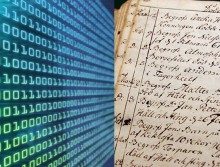
We are pleased to announce that The PREFORMA Handbook is now available to download. This publication is intended as a practical guidebook to be offered as a critical instrument to decision-makers in cultural heritage institutions, to support them in the analysis of problems and the identification of viable solutions, and as a technical reference to managers of digital archives and developers, to offer them guidance on how to use the PREFORMA tools. Continue reading
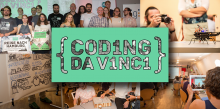
Invitation: First meet-up of European GLAM Hackathon organisers in Berlin Date: 04th of December 2017 from 10 to 15 Venue: Wikimedia Deutschland e.V. Tempelhofer Ufer 23-24 in 10963 Berlin, Germany Host: the organisers of Coding da Vinci (DDB, digiS and … Continue reading

This is the seventh in a series of interviews with people using MediaConch within their institutions. Brendan is AudioVisual Digitization Technician at the University of California. He is using MediaConch both on the raw XDCAM captures, to make sure that they’re appropriate inputs to the ingest script, and on the outputs, to make sure the script is functioning correctly. Continue reading
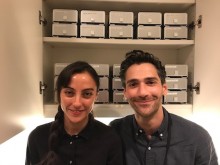
This is the sixth in a series of interviews with people using MediaConch within their institutions. Ben and Geneve work in the Audio and Moving Image Preservation Unit at at New York Public Library. MediaConch is an integral part of the Quality Control workflow to reformat audio and moving image research collections and specific policies have been created to this purpose. Continue reading
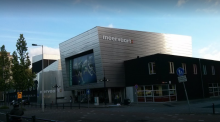
There is an unprecedented amount of data on the Web today. However, this data is only as useful as its quality allows it to be. Data Quality is an important topic in companies and organizations that use and/or disseminate large … Continue reading
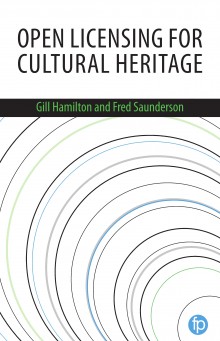
In the digital era, libraries, archives, museums and galleries are no longer constrained by the physical limitations of their buildings, analogue books, manuscripts, maps, paintings and artefacts. Cultural collections now can be safely distributed and shared globally. To ensure that … Continue reading

Join the #DCDC17 in November for three days of discussions and workshops on how we gather, measure and present evidence of the cultural value and impact of our collections. DCDC17 keynotes Geoffrey Crossick, Distinguished Professor of Humanities, School of Advanced Study … Continue reading
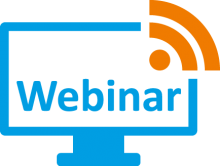
The PREFORMA project that commissioned and funded the development of veraPDF draws to an end this year. Recent activity has been focused on PREFORMA acceptance testing, formalising the decisions of the PDF Association’s Technical Working Group and fixing issues reported by the community. In this webinar, the veraPDF Consortium will present the results of recent development and the plans for life after PREFORMA. Continue reading

Julia Kim is the Digital Assets Specialist at the American Folklife Center at the Library of Congress. So far, she has primarily used MediaConch to create reports for new and incoming born-digital video from the Civil Rights History Project and the DPX files from digitizing celluloid film. Continue reading
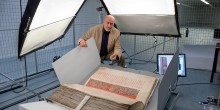
Digital preservation means taking precautions to ensure long-term access to digital content. It mitigates the risk of files becoming obsolete or unusable in the future. The PREFORMA tools help you validate incoming file formats and codecs against their standard specification, define custom acceptance criteria, and build an efficient ingest workflow. Download and try them from the PREFORMA Open Source Portal! Continue reading


























